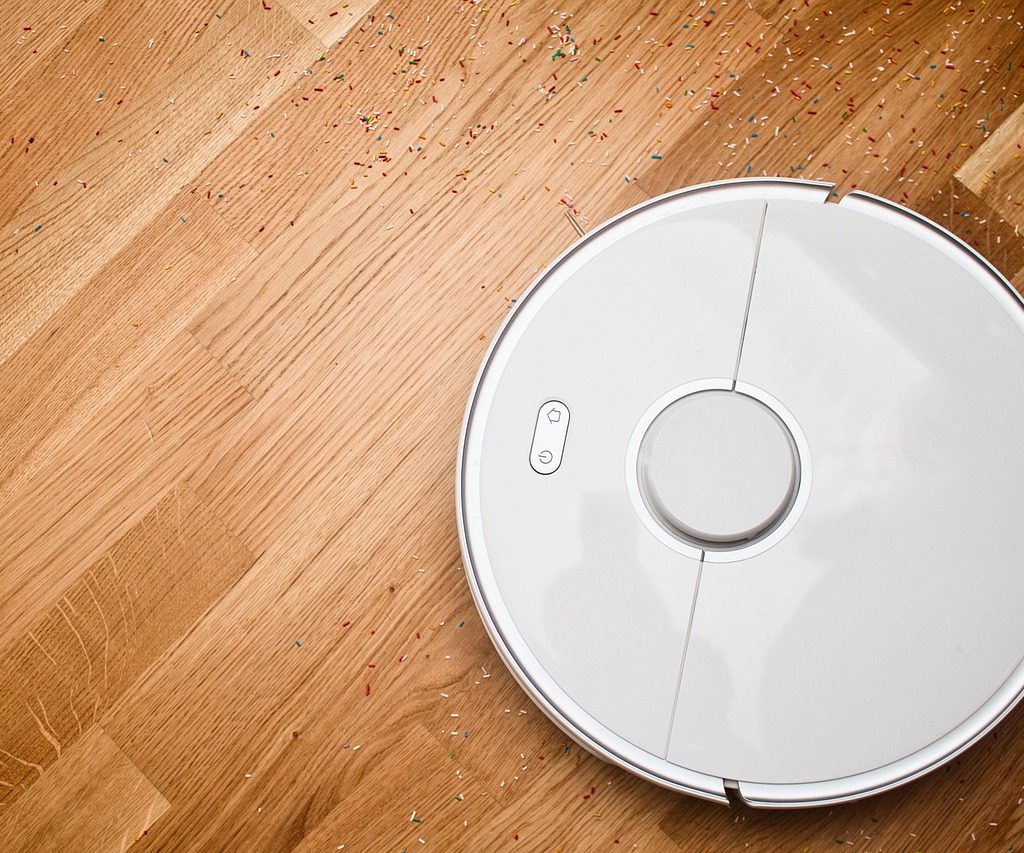Embracing the Smart Appliance Revolution

The rise of smart appliances is fundamentally changing the way we live at home. These devices are no longer just tools—they are intelligent assistants that make everyday life smoother, safer, and more efficient. By connecting to the Internet of Things (IoT) and integrating with AI, smart appliances are turning ordinary homes into fully connected, automated environments.
What Makes an Appliance “Smart”?
A smart appliance connects to the Internet and can interact with your devices, apps, or even your voice commands. This connectivity allows for:
Remote Control: Manage appliances from anywhere using your smartphone.
Automation: Set schedules for washing machines, ovens, or coffee makers.
Personalization: Devices learn your preferences over time to optimize performance.
Integration: Connect with smart home ecosystems like Amazon Alexa, Google Home, or Apple HomeKit.
Smart appliances are designed to not only perform tasks but also anticipate user needs, reducing manual intervention and improving daily routines.
Advantages of Smart Appliances
Smart appliances offer multiple benefits that go beyond convenience:
1. Time-Saving
No more waiting at home for your oven to preheat or laundry to finish. You can start, stop, or schedule appliances remotely. For example:
Start your dishwasher while at work.
Preheat your oven on the way home from grocery shopping.
2. Energy Efficiency
Many smart devices monitor energy usage and adjust operations to reduce consumption, saving both money and resources. Smart thermostats and washing machines optimize power use without compromising performance.
3. Enhanced Safety
Smart appliances can send real-time alerts to prevent accidents:
Smoke or carbon monoxide detectors notify you instantly.
Smart ovens shut off automatically if left unattended.
Security systems allow remote monitoring and alert homeowners to unusual activity.
4. Lifestyle Support
Smart fridges can track groceries, suggest recipes based on available ingredients, and even remind you of expiration dates. Smart coffee makers can brew your morning coffee before you wake up. Smart thermostats maintain the perfect temperature at all times.
Popular Types of Smart Appliances
1. Smart Refrigerators
Modern smart fridges offer features such as:
Inventory tracking and expiration reminders.
Recipe suggestions based on available ingredients.
Remote temperature control to prevent spoilage.
2. Smart Cooking Devices
Smart Ovens: Preheat, bake, or roast remotely via apps.
Multicookers & Cooktops: Automate cooking programs and receive notifications when meals are ready.
Sous-Vide Machines: Maintain precise temperatures for perfect results every time.
3. Smart Laundry Machines
Wash and dry clothes efficiently with energy-optimized programs.
Receive notifications when cycles are finished.
Some machines learn your preferred settings for each load type.
4. Smart Cleaning Devices
Robotic vacuums and mops map your home for efficient cleaning.
Schedule cleaning sessions automatically.
Some models integrate with voice assistants for full control.
5. Other Smart Home Appliances
Smart air purifiers monitor air quality and adjust operation.
Smart water heaters can schedule heating to reduce electricity bills.
Smart lighting systems adapt based on time of day, mood, or occupancy.
How AI is Shaping the Future
The smart appliance industry is evolving rapidly, with AI integration leading the way:
Predictive Maintenance: Appliances can detect potential failures before they happen.
Learning User Habits: Devices adapt to routines, suggesting optimal schedules or settings.
Energy Optimization: AI calculates the most efficient way to use multiple appliances simultaneously.
By 2025, AI-powered appliances are expected to make homes more sustainable, safer, and highly personalized.
Tips for Choosing Smart Appliances
Compatibility: Ensure devices integrate with your existing smart home ecosystem.
User-Friendliness: Choose appliances with intuitive apps or voice control.
Energy Ratings: Look for energy-efficient models to save money and reduce your carbon footprint.
Reliability: Research brands known for durability and excellent customer support.
Security: Ensure devices have strong encryption to protect your data.
Conclusion
Smart appliances are no longer just a trend—they are a practical and essential part of modern living. By embracing these technologies, homeowners can save time, enhance safety, optimize energy use, and enjoy a connected lifestyle.
As smart home technology continues to evolve, investing in these devices ensures your home remains efficient, comfortable, and prepared for the future.